Saudi Arabia is partnering with Dutch greenhouse company Van Der Hoeven to build an "artificial climate" area for growing crops in the desert.
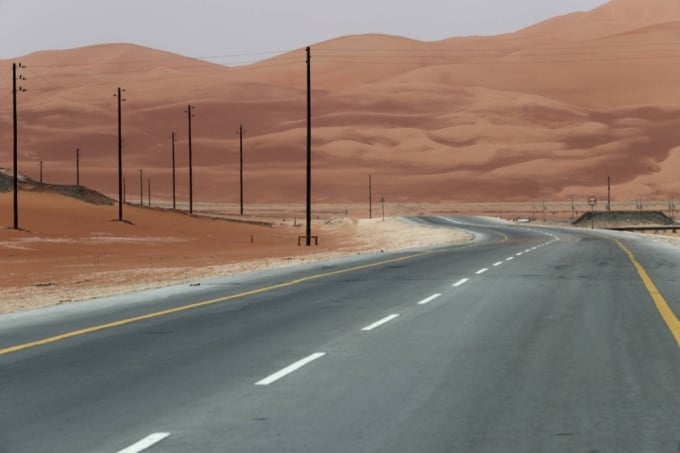
A highway runs through the arid landscape of Saudi Arabia. Photo: Reuters
Experts are turning an area the size of 15 football fields into a farming oasis on the outskirts of Neom, a new Saudi city under construction in the desert near the Red Sea, Bloomberg reported on August 7. It is the largest investment in food technology for a country like Saudi Arabia: The largely arid landscape and harsh summer temperatures have left the country heavily dependent on food imports.
The project is just the beginning, according to Dutch company Van Der Hoeven, which has signed a $120 million contract with the Saudi government to design and build two test facilities on the outskirts of Neom and operate them for several years.
“We are building an artificial climate where outdoor farming is difficult, with the goal of enabling crops to be harvested all year round,” said Michiel Schoenmaeckers, CEO of Van Der Hoeven.
At Neom, Saudi Arabia turned to experts from the Netherlands, the world’s second-largest agricultural exporter after the United States despite being one of Europe’s smallest countries. The country’s capacity has been boosted by innovative solutions such as advanced greenhouses and vertical farming, with half of its land area allocated to agricultural production.
Beyond meeting Neom’s own needs, the ultimate goal is to turn the new facilities into a regional food hub. They will also feed other parts of Saudi Arabia and serve as a positive example for other countries struggling with food security amid climate change, according to Juan Carlos Motamayor, CEO of Neom Food.
The project will expand significantly once the two pilot greenhouses are ready, Motamayor said. Construction began earlier this year and is expected to be completed in 2024. “We will scale up to hundreds of hectares with different types of greenhouses,” Motamayor said.
Neom needs more than 1,000 hectares of greenhouses to achieve its goal of producing more than 300,000 tons of fruits and vegetables, a goal the city is working to achieve within the next eight to 10 years. “There is no other place in the world that is trying to grow at the scale that we want to grow and implement agriculture in dry conditions,” Motamayor said.
Van Der Hoeven, which features a range of the latest growing technologies such as advanced water filtration systems and artificial intelligence (AI)-powered growing systems, plans to start operating its first facility as early as August next year.
At the first site, a new cooling system using solar energy and seawater will be used to operate the greenhouse during the hot summer months, significantly reducing local water consumption. At the other site, a greenhouse will be built to introduce Neom’s perennial crops.
Thu Thao (According to Bloomberg )
Source link


![[Photo] Prime Minister Pham Minh Chinh chairs meeting to remove difficulties for projects](https://vstatic.vietnam.vn/vietnam/resource/IMAGE/2025/3/30/7d354a396d4e4699adc2ccc0d44fbd4f)
![[Photo] Ministry of Defense sees off relief forces to the airport to Myanmar for mission](https://vstatic.vietnam.vn/vietnam/resource/IMAGE/2025/3/30/245629fab9d644fd909ecd67f1749123)






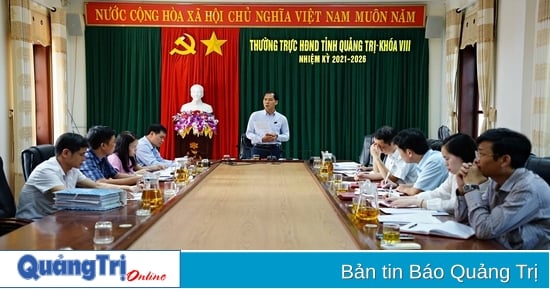

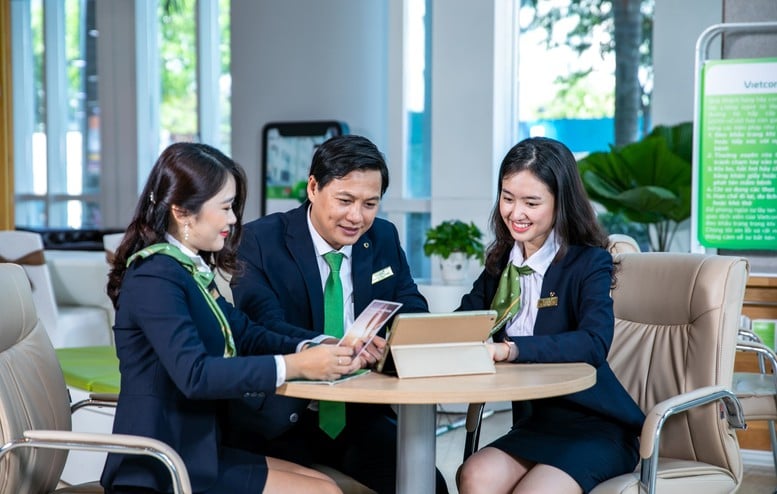

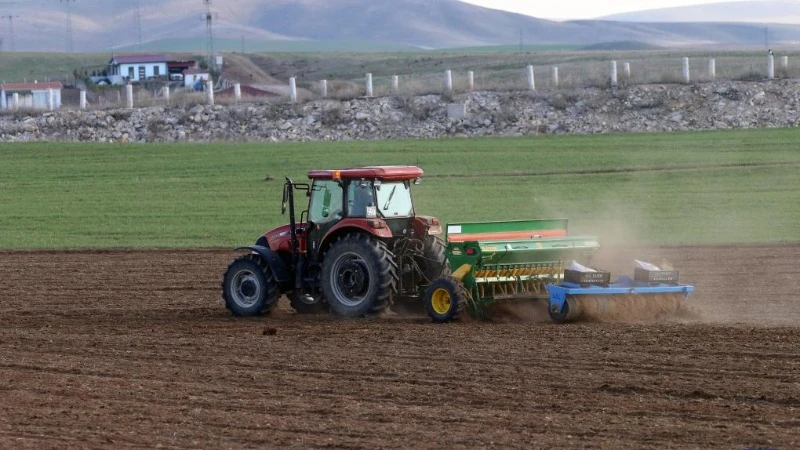

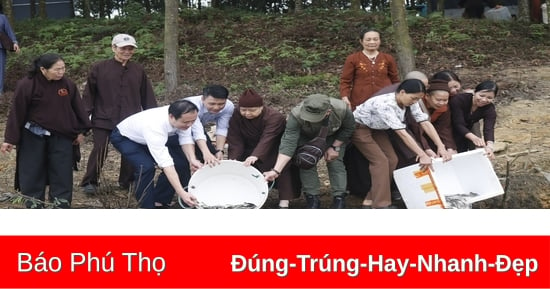

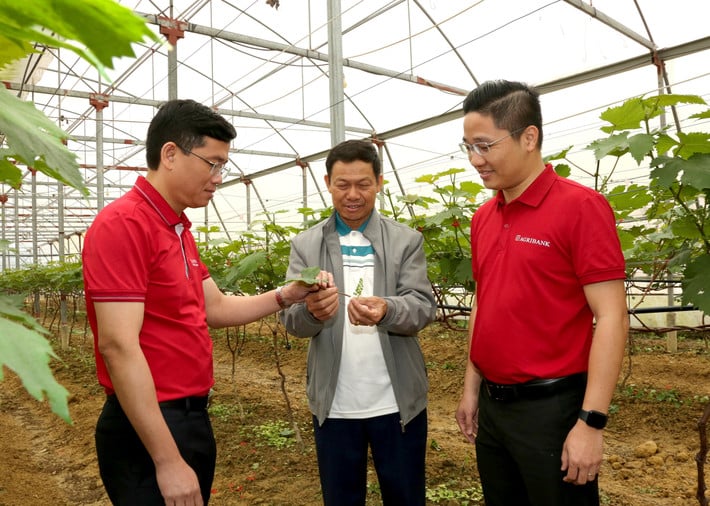


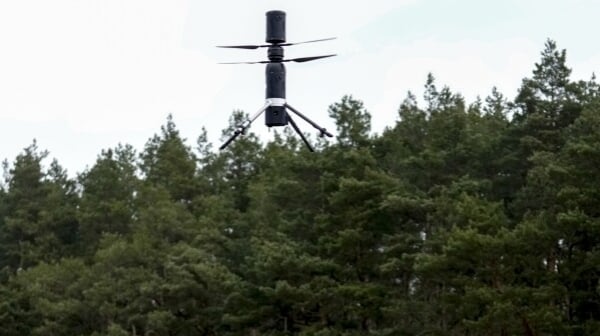
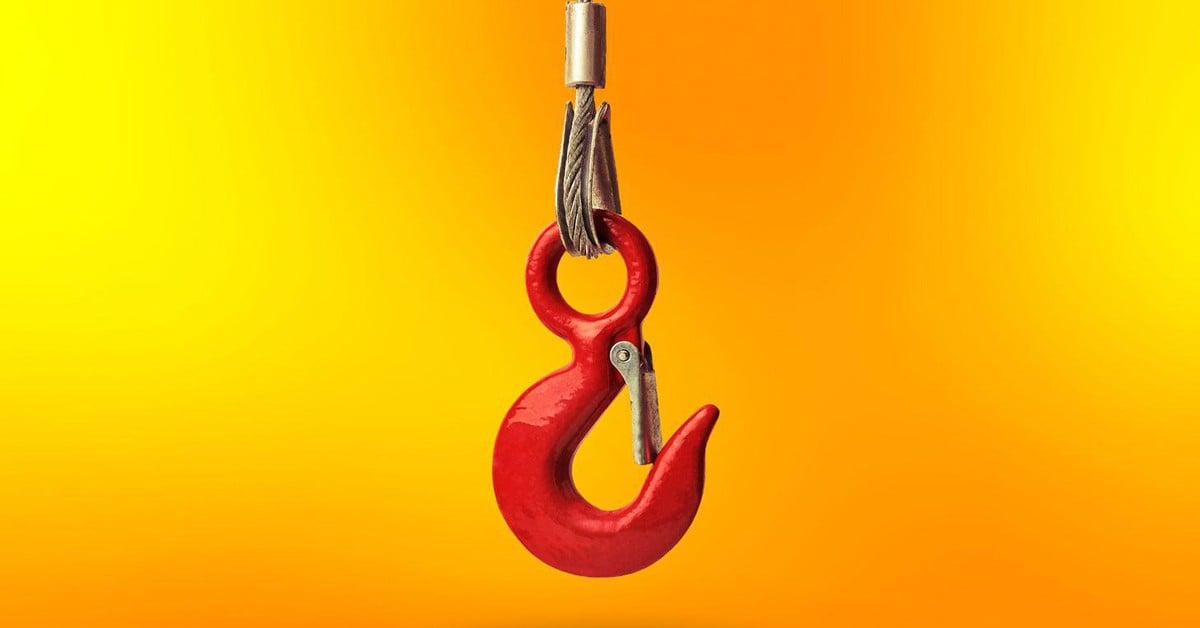


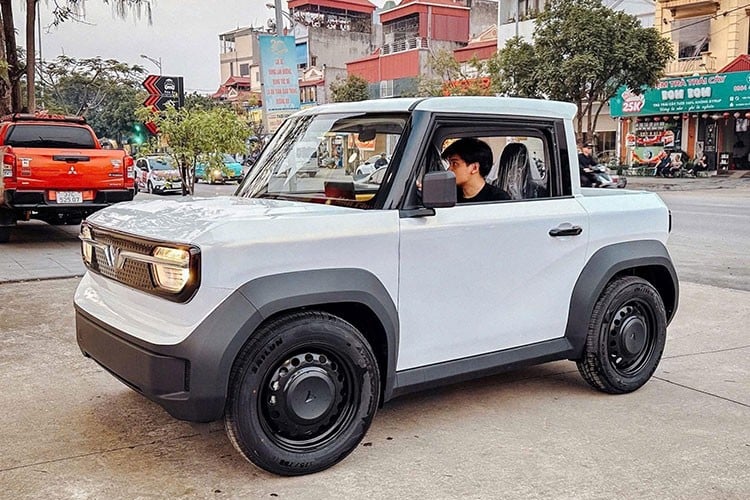








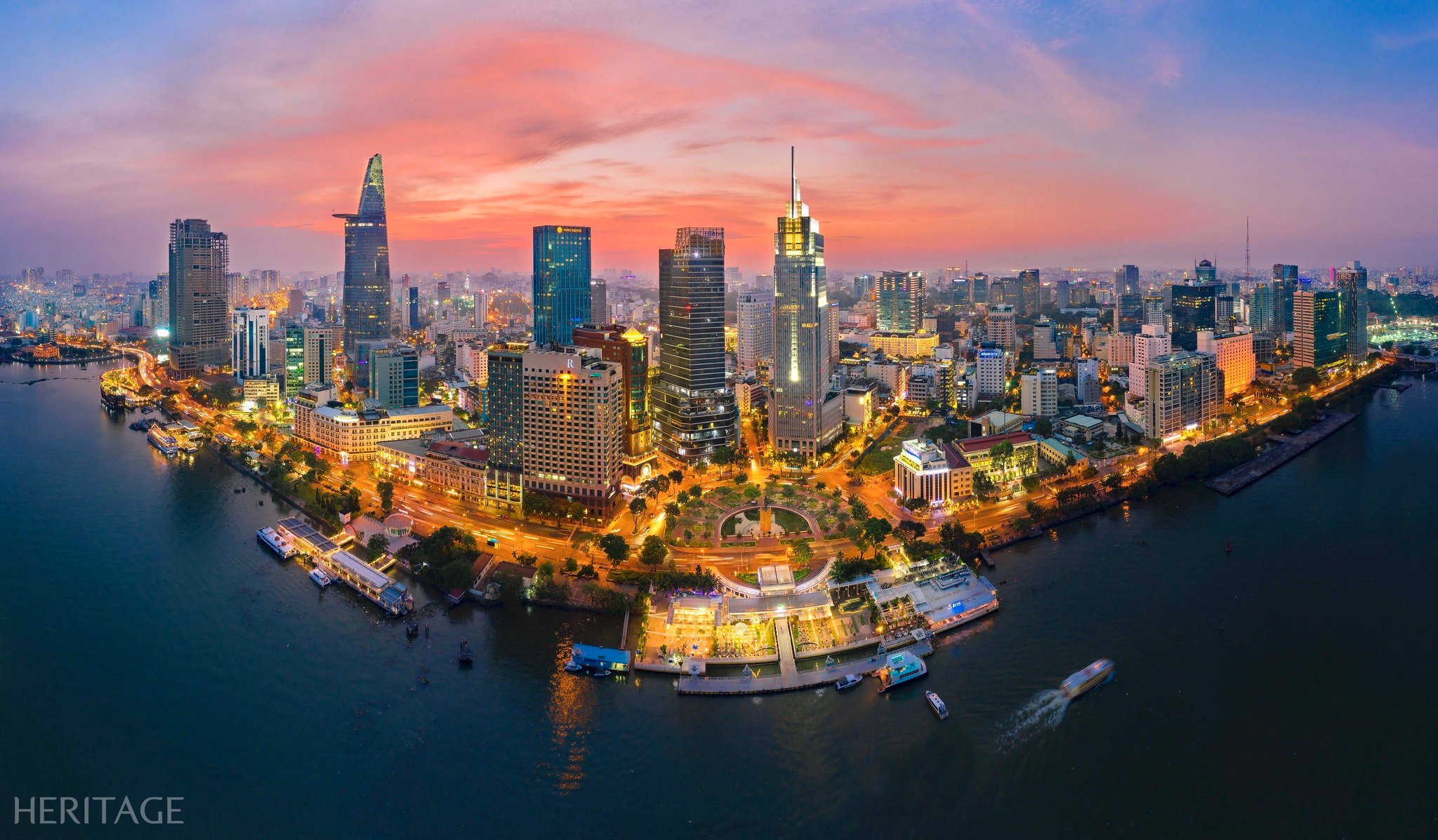
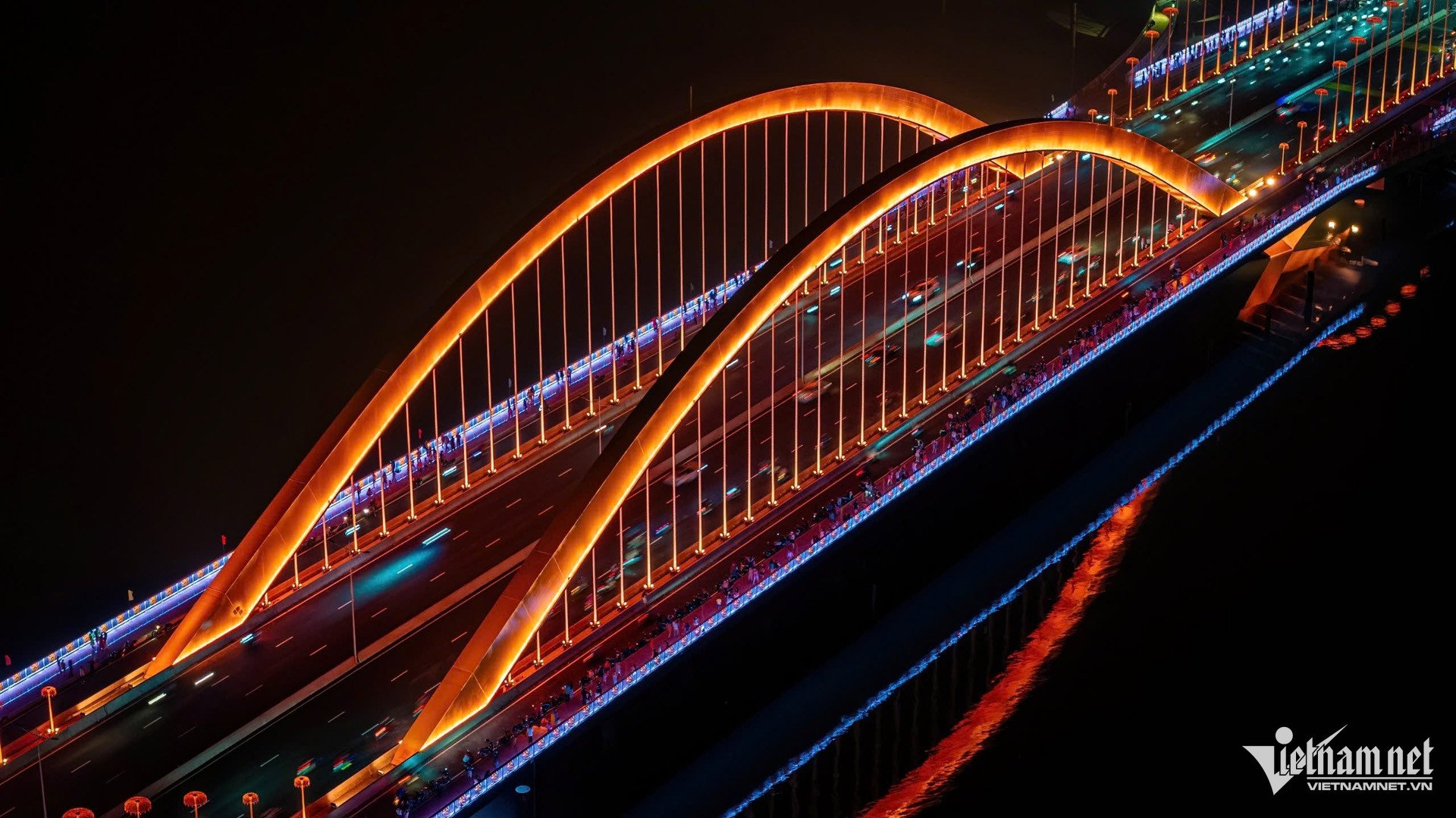
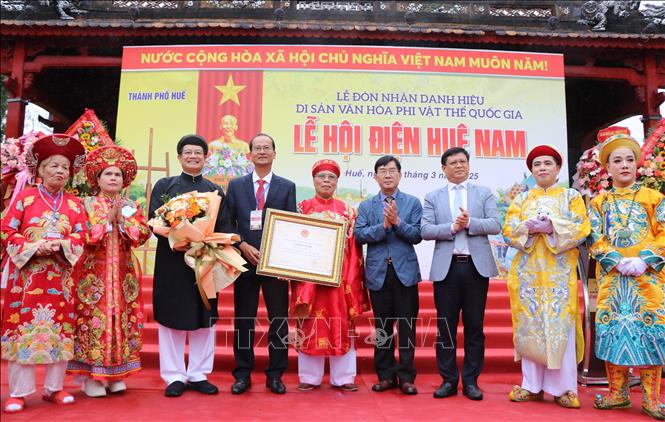

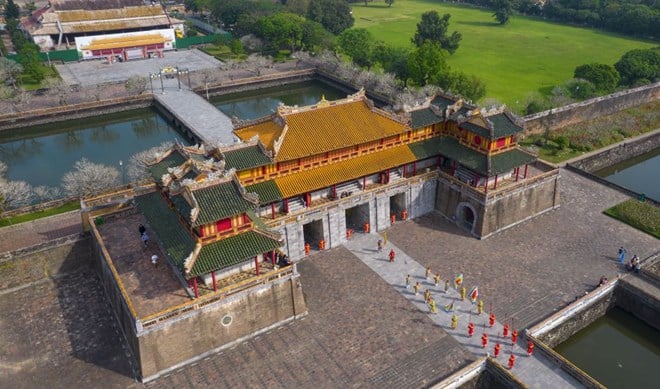













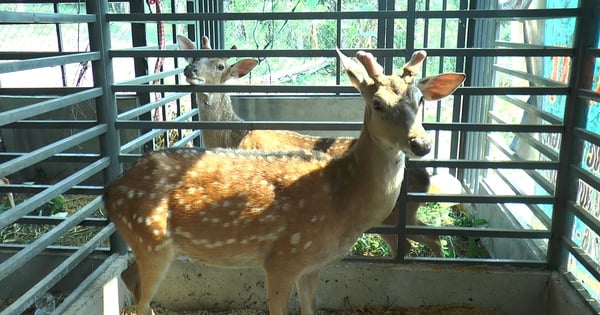



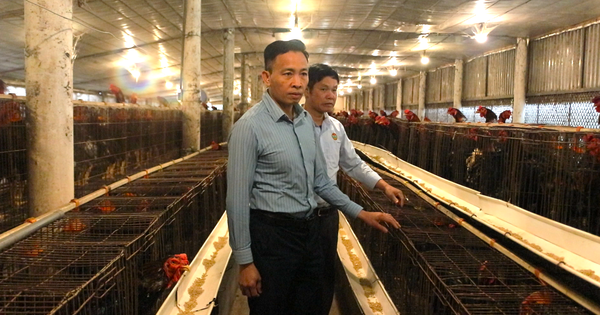









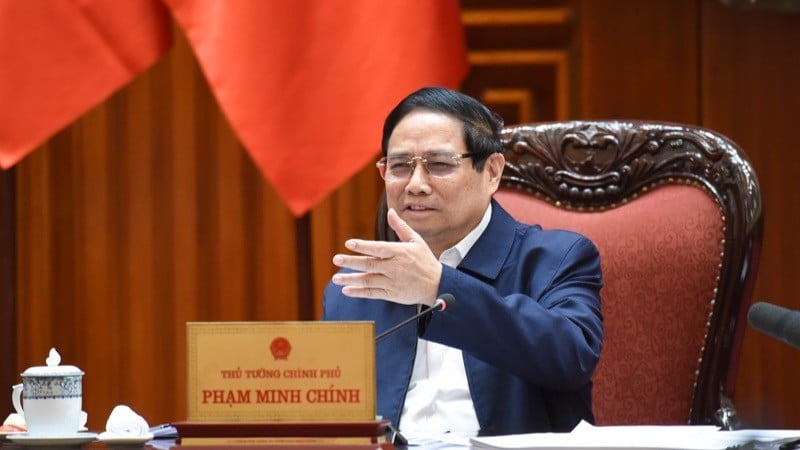
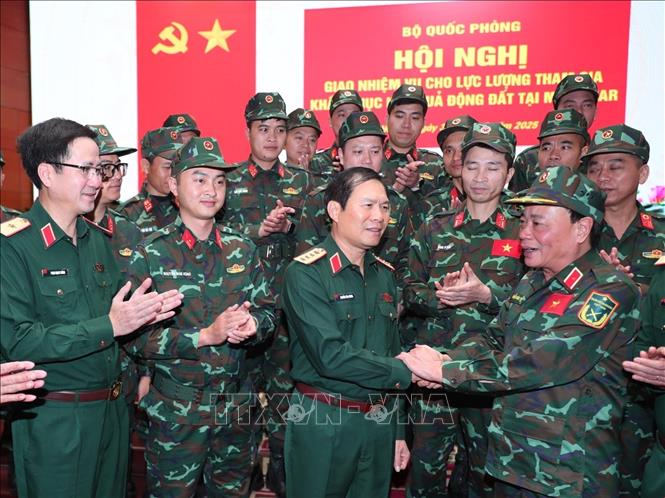

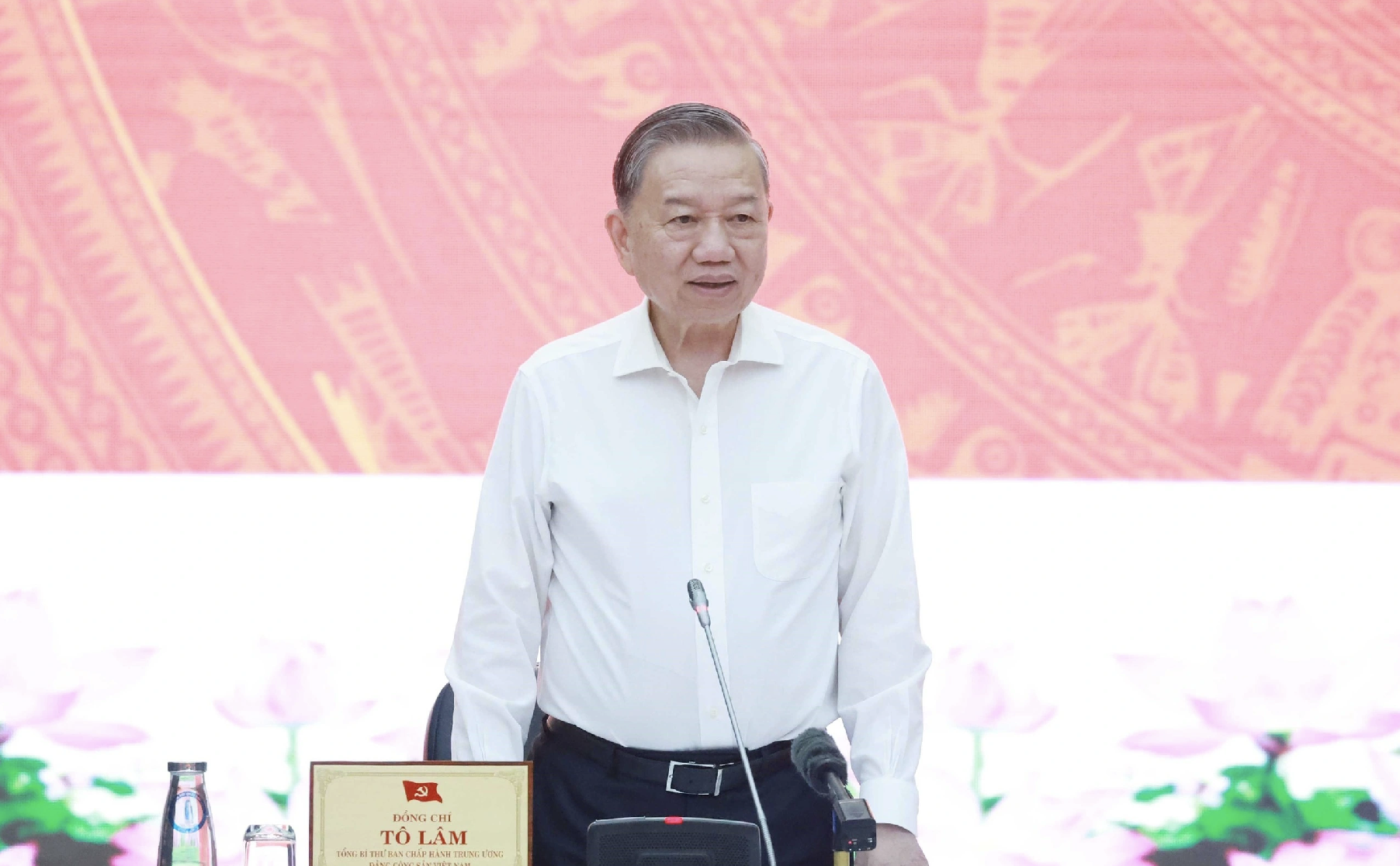

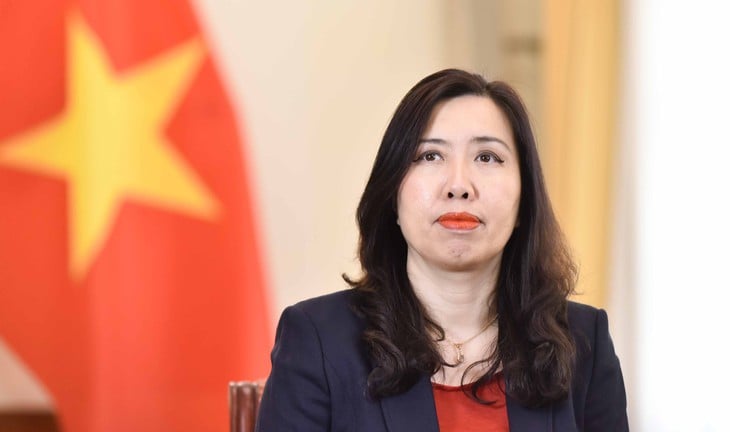
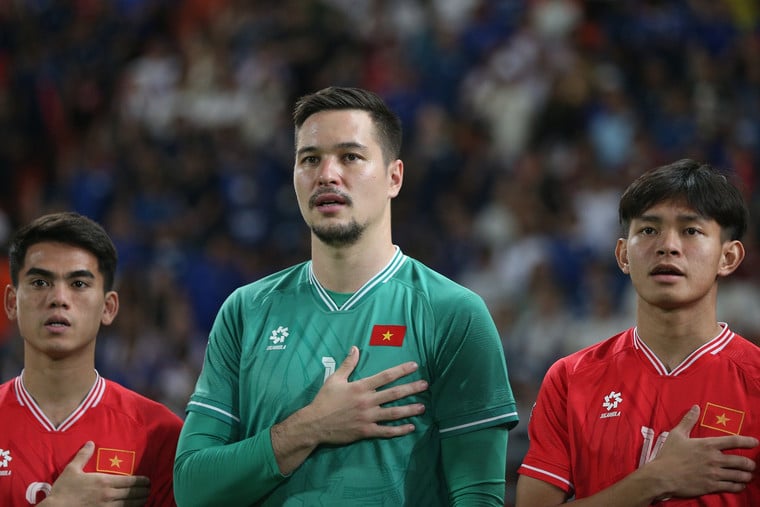

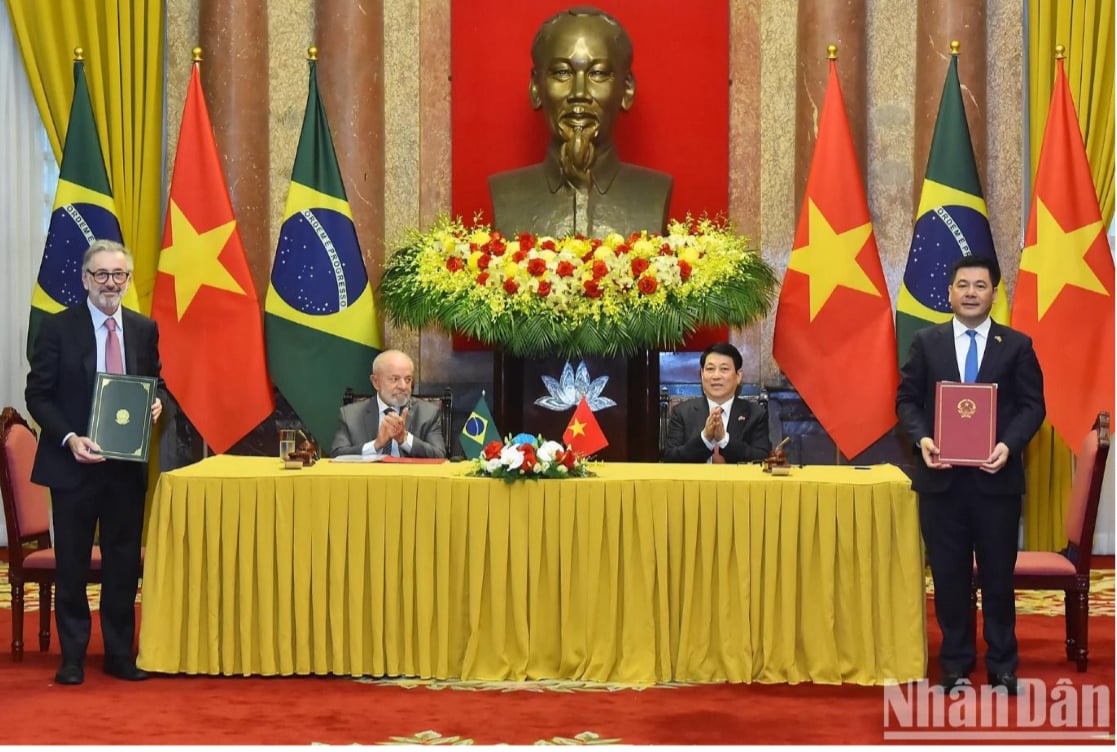



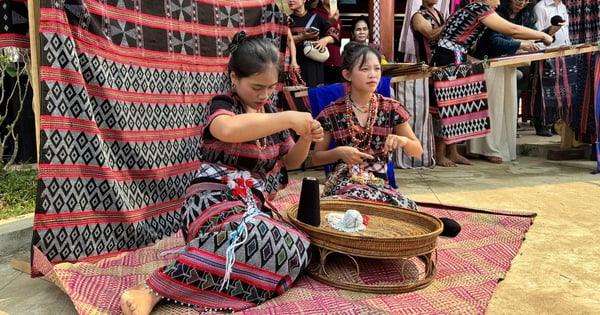
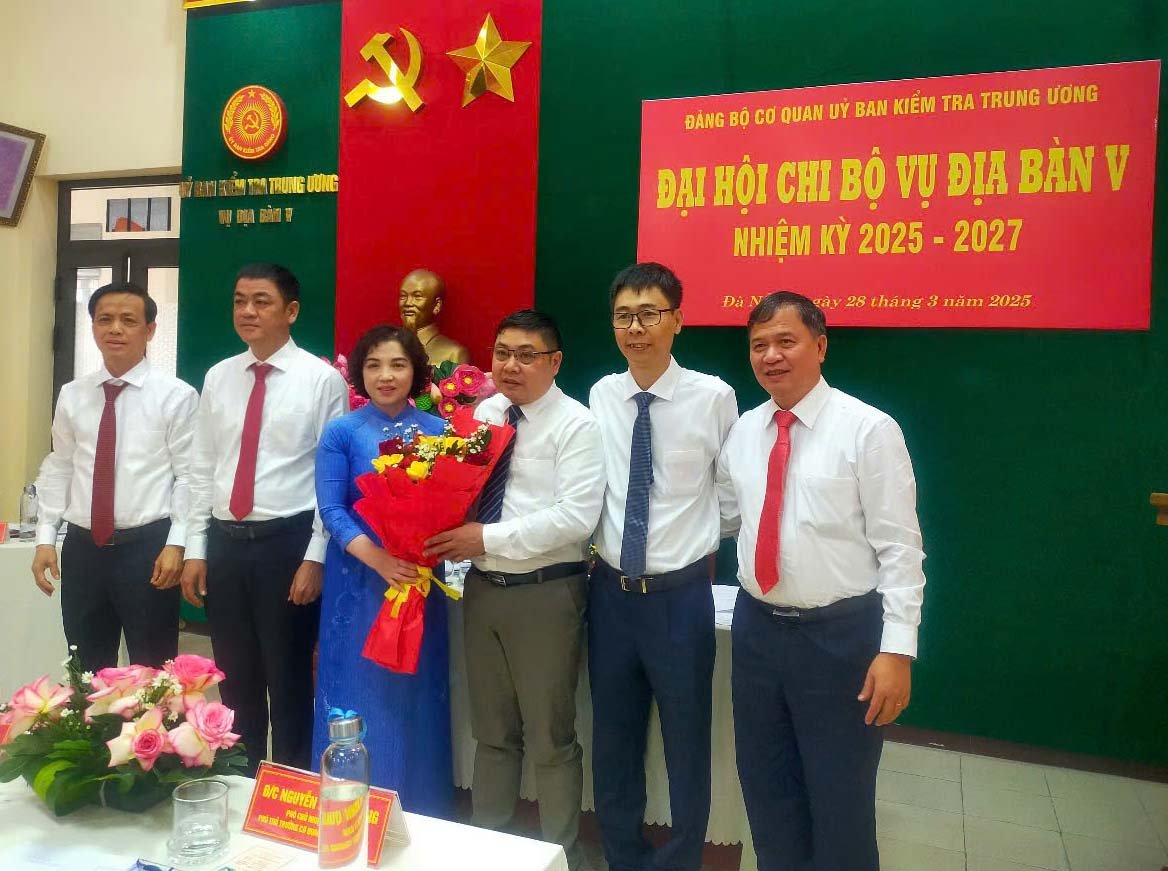

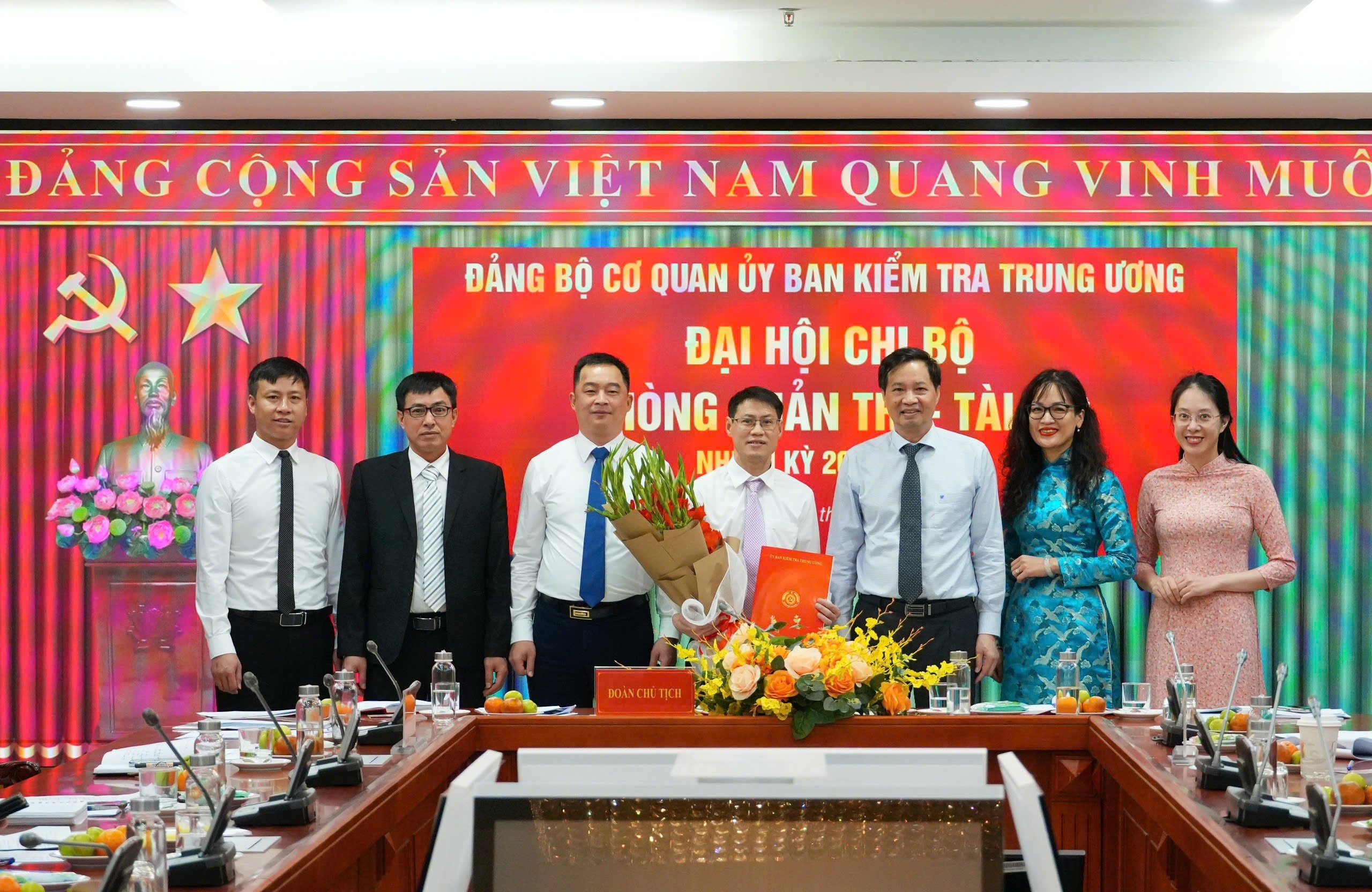
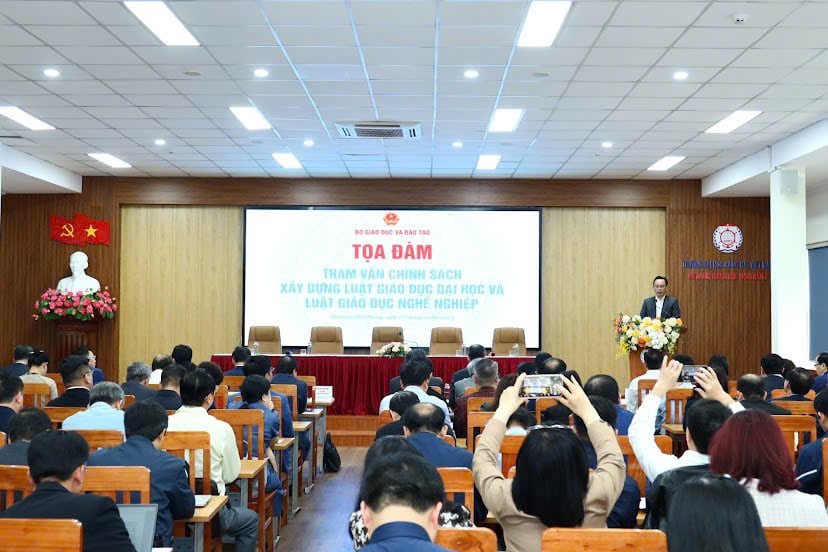

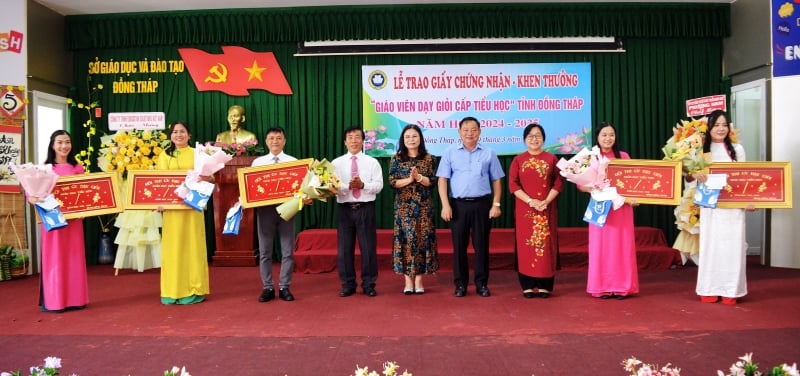



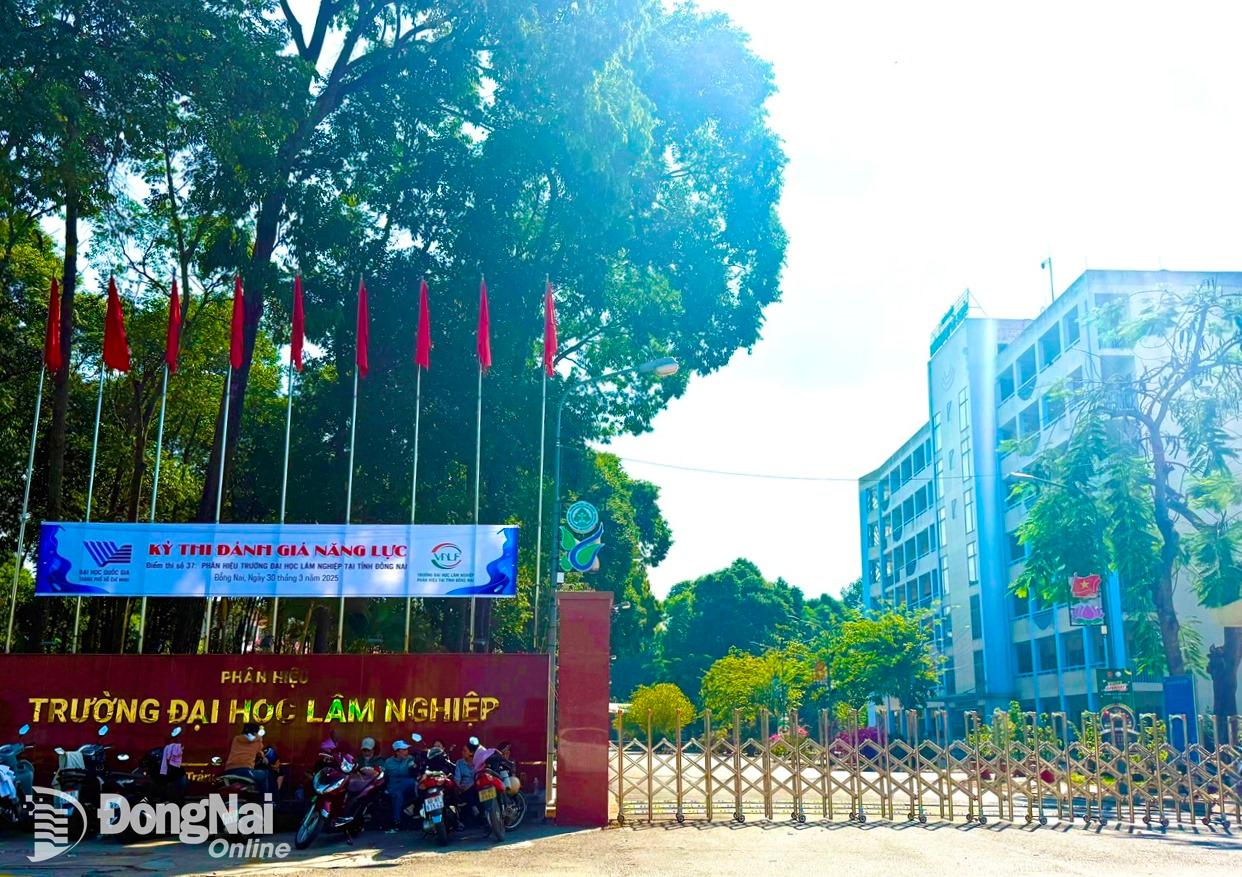

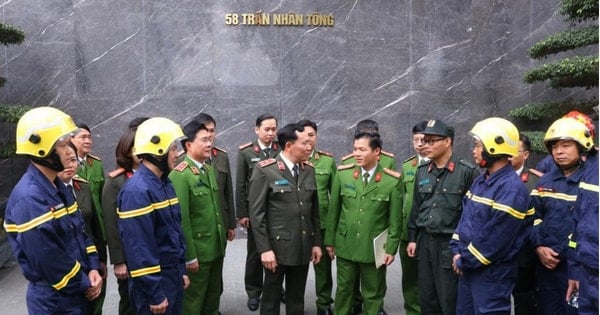

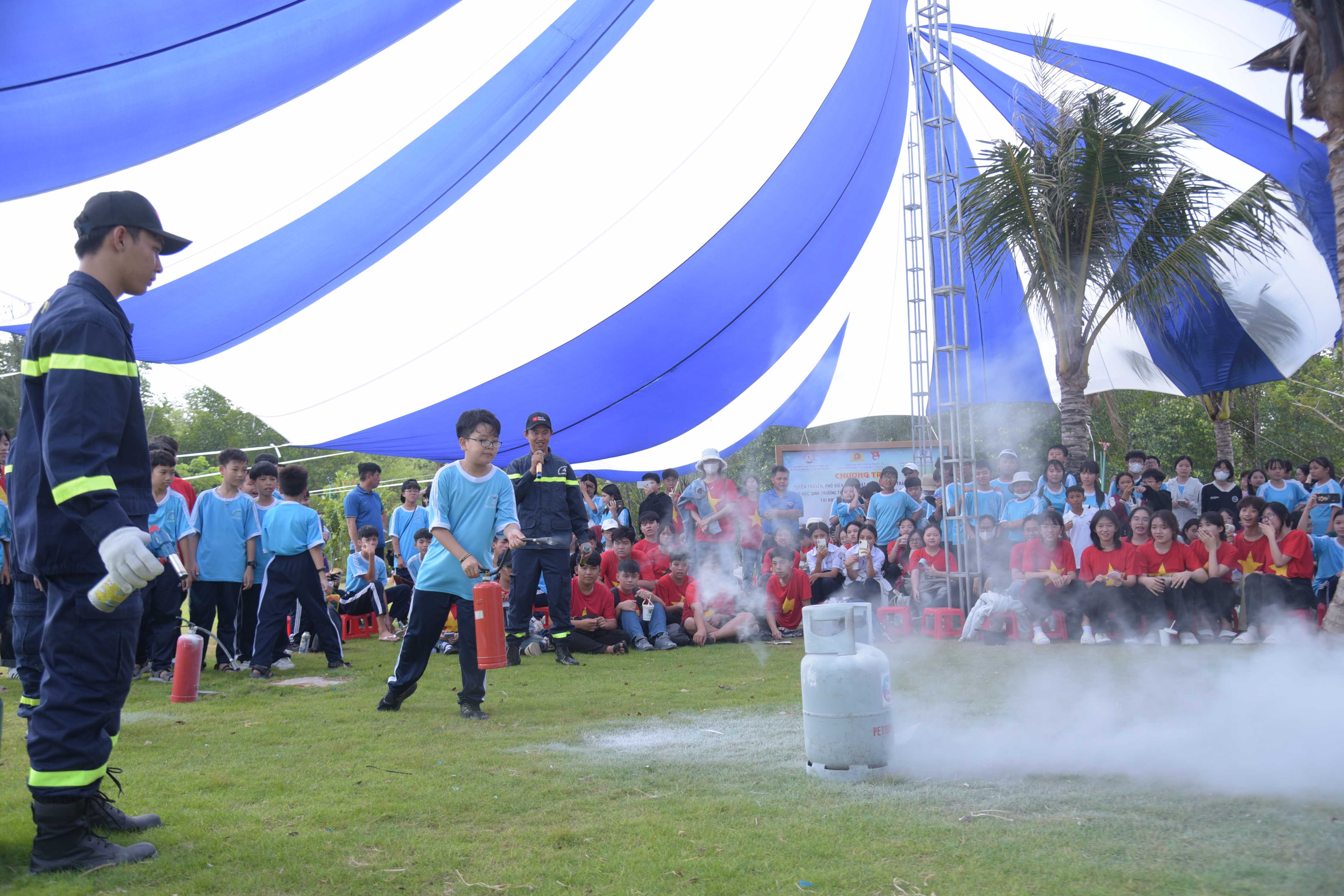
![[REVIEW OCOP] An Lanh Huong Vet Yen Cat](https://vstatic.vietnam.vn/vietnam/resource/IMAGE/2025/3/27/c25032328e9a47be9991d5be7c0cad8c)







Comment (0)